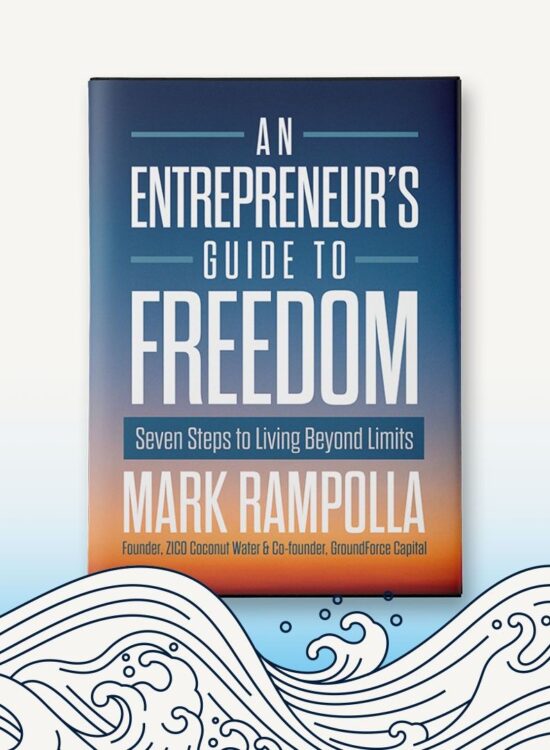Associate Kelly Byrne Asks “What Does Your Fund Stand For?”
Kelly Byrne — April 21, 2022
I consider myself a fast learner but I don’t think I could have prepared for the amount of knowledge I would acquire since joining PowerPlant even if I tried. I am constantly learning new things and am challenged to expand my thinking on a daily basis. If you read my last blog post, you know that I take a special interest in observing and understanding those around me. To that end, there are two recurring themes within the venture capital industry that I’ve taken note of over the last six months that I want to share with you today.
1. A “Go-Giver” Attitude Can Get You Farther Than You Think
There are countless varieties of moral compasses in the venture capital industry. And in a time when zoom calls have become more commonplace than in-person meetings, it is harder than ever to make a confident assessment of one’s intentions and navigate the transactional nature of many interactions. Over the last couple of years, my personal experiences in the workplace have helped me understand my own communication style and the values that are most important to me.
During my time in the field, I have noticed how collaborative and collegial the venture capital industry can be, especially the consumer sector. In addition to sharing deal flow, investors of all ages and demographics exchange ideas, resources, and time daily. Unfortunately, for every person that gives, there are many more that simply take.
In my view, the most successful and well-respected individuals are the ones that find more happiness in giving than receiving. Their ability to impact others and contribute to the common good is equally as important as producing great work. Inspired by this approach, one of my core values is to be a “go-giver” without expecting anything in return. Don’t get me wrong, a “go-getter” attitude can be a critical tool for individual success. However, I can’t help but wonder how powerful it would be if everyone adopted this “go-giver” attitude or at least actively applied it more often.
2. Human Capital > Monetary Capital
On our first call with founders, we make it a priority to ask what they are looking for in an investment partner. It is critical that we have a clear understanding of what success looks like and means to them from both an impact and financial perspective, so we can ultimately be aligned in that vision before any sort of check is written. Out of the first one hundred introductory calls I have had with founders since joining PowerPlant, 85% of them have explicitly mentioned wanting a “partner” that offered some type of value-add beyond capital and 60% wanted investors that were powered by the same purpose and values.
What was interesting about these findings was how similar they were to the trends emerging in consumer purchasing behavior. In the same way consumers are increasingly placing their dollars with companies that align with their values, founders are placing their trust in investors whose values align with theirs. Yes, those first one hundred calls represent an extremely small sample size, and our fund caters to a specific audience, but perhaps those founders are giving us a sneak peek into the future on the importance of brand equity at the fund level. What does your fund stand for? How is your value-add differentiated from other funds? Is your positioning unique and authentically rooted in a mission that resonates with others?
With the US private equity industry hitting an all-time high of dry powder of $920 billion in October 2021(1), capital has become a commodity. And as a result, it is important for founders to understand what differentiates each investment firm from the other and how each can uniquely help them build towards a successful outcome. At PowerPlant, we encourage founders to conduct just as much diligence on us as we are on them prior to investment – to ask US the hard questions and ultimately understand what makes us different. Every firm will have different ways of going about this.
At PowerPlant, this usually involves multiple in-person meetings, a handful of reference calls with our portfolio companies, initial strategy discussions with our operating advisors, and one-on-one time with our partners to get a complete understanding of who we are and how we operate.
There will always be companies that simply want capital and no investor involvement, especially in non-consumer-facing sectors. However, it will be interesting to monitor the importance of “fund equity” and how it may impact deal flow going forward.
If you want to share any thoughts, or simply want to connect, I’d love to hear from you on my Instagram or at kelly@powerplantpartners.co.
Sources:
(1) https://www.allvuesystems.com/resources/private-equity-dry-powder-hits-new-highs-and-brings-old-challenges/



